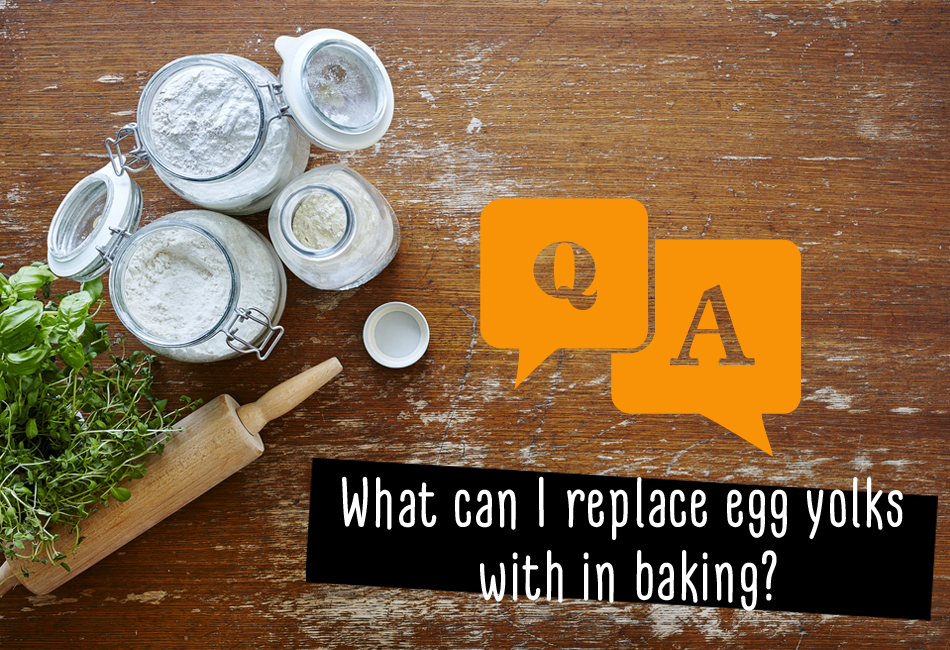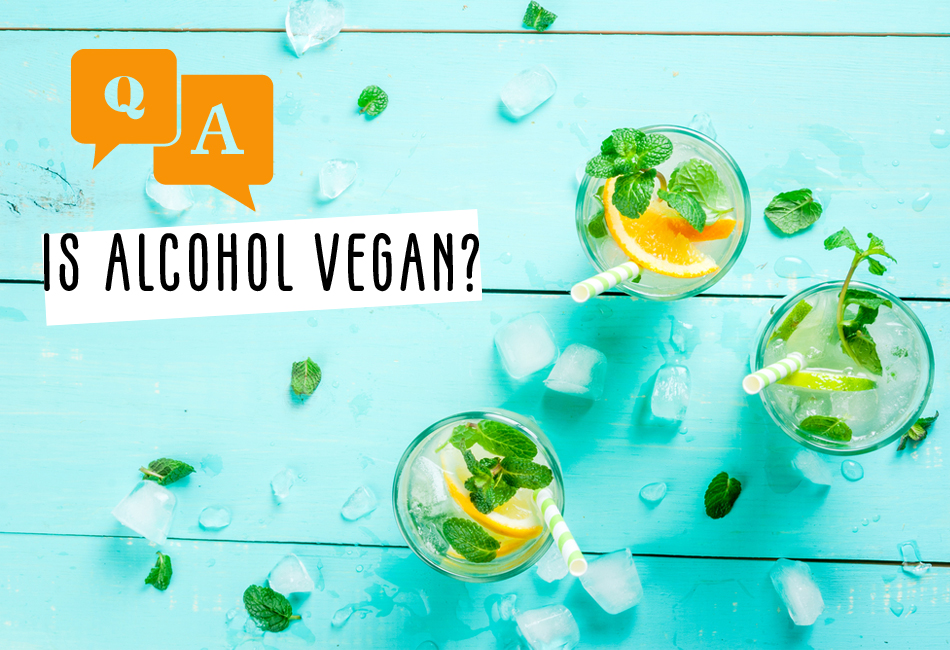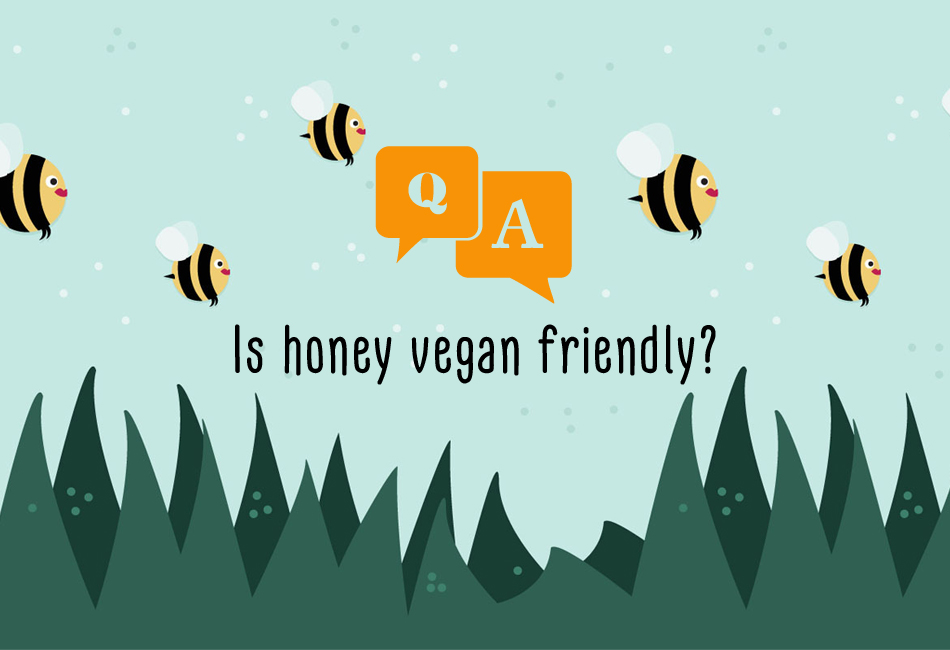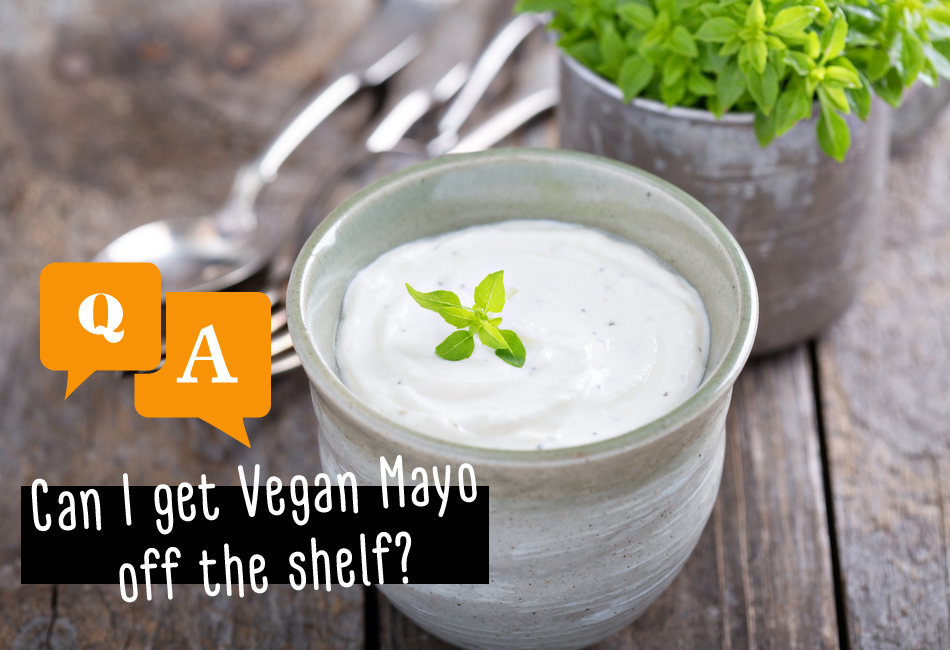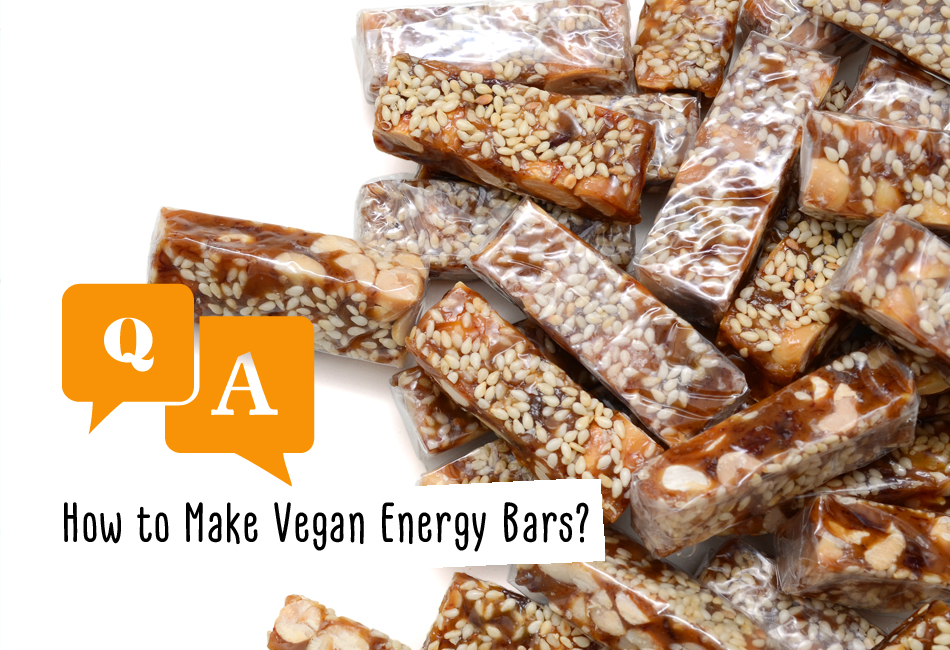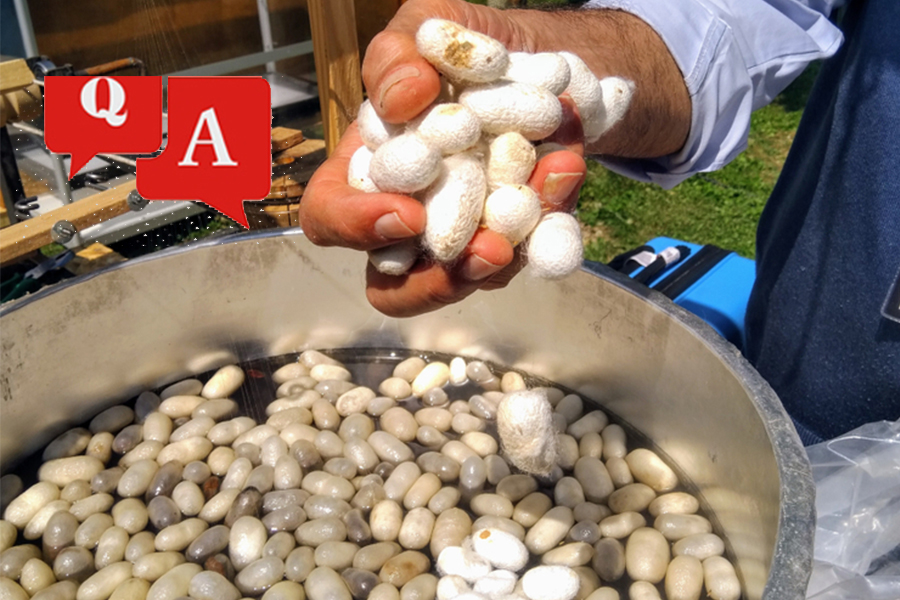Download Free Vegan Starter Kit -
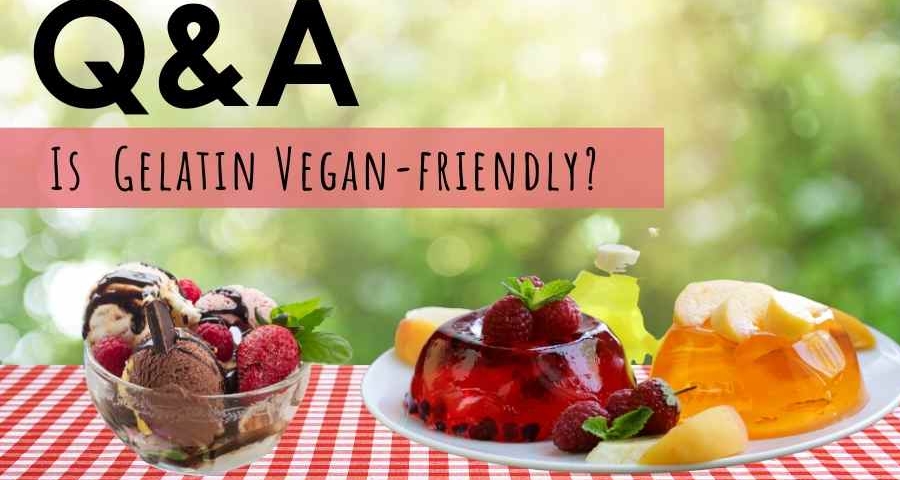
Q&A: Is Gelatin Vegan?
How are store-bought yogurts, puddings, jelly, icecreams so ‘set’ and have just the right viscosity and thickness? What’s the secret behind those soft and chewy gummy bears and how do they seem to just dissolve in the mouth? How are bakery products in perfect form and so ‘stable’? They all use an ingredient that likes to stay incognito – Gelatin.
What is Gelatin?
Gelatin, in the simplest way, can be understood as the gel to jellies. It is a versatile product that finds a wide variety of uses in many food and non-food industries.It is a thermal reversible hydrocolloid (don’t worry, we’ll explain what that means!) that’s colourless and flavourless, a great thickening, binding and stabilizing agent and can also be made sticky, if needed. Industries also employ the use of gelatin for adhesives,photographic films, ‘clearing’ alcohols, coating capsules etc.
It is a protein obtained from collagen which is the most abundant protein found in all mammals – in the skin, hair, nails, connective tissues, bones, ligaments, tendons etc. and also helps our blood to clot (think when blood keeps oozing out of a cut/wound and finally stops – yep, that’s because of collagen). Due to these reasons, it is plentifully used by the skincare and cosmetics industries too.
BUT..it’s not vegan-friendly!
The process of making gelatin begins by boiling collagen-containing animal body parts like tendons, ligaments, bones etc. mostly from animals like cows, buffaloes, pigs who are ‘discarded’ by the meat and dairy industries. Gelatin in hot water is a sol (liquid mixture) and when it’s cooled, it forms a hydrocolloid (water-based, gel-like substance) which when heated again goes back to the sol stage. That’s why it’s a thermally reversible hydrocolloid.
Since the raw material for gelatin is animal body parts and the application is mostly not necessary for survival, it makes gelatin a non-vegan substance. All the products that contain it also become non-vegan and in fact, not even vegetarian.
Although, due to the whole process of extracting gelatin, it shouldn't be considered even vegetarian-friendly but it is often found in the ingredients list of many vegetarian fmcg and other products. So, to avoid it, we must check the ingredients of the products we purchase.
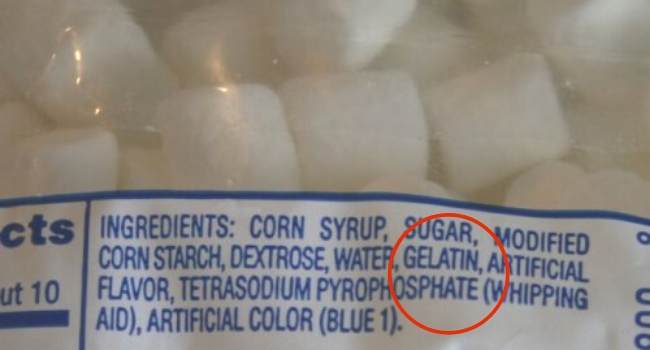
Gelatin found sneaking in the ingredients list of a product
However, like with most non-vegan things,
there are several vegan alternatives to gelatin
The most popular ones that have applications primarily in the food industry, confectionery, baking etc. to thicken, emuslify and stabilise are ‘agar agar’ and carrageenan. So, you can use them to make vegan ice creams, set vegan yogurts, vegan cheeses, puddings, jellies, desserts..and what not!
Agar or Agar Agar is extracted from red algae and obtains a perfectly gelatinous texture and is one of the most popularly used vegan gelatin substitutes.It is easily available online in India for retail sale and can also be found in some physical stores dealing in ingredients for gourmet, exotic and Asian cooking. It is also referred to as vegetarian/vegan gelatin. As opposed to gelatin, it is not a protein but a complex carbohydrate.
Carrageenan, also known as Irish Moss is a less popular alternative and is made from red dried seaweed. Like agar, it is not a protein but a polysaccharide.
Read: Q&A: Is Petroleum Jelly Vegan?
Read More: Is Glycerin Vegan?
AUTHOR

trending
2.png)
Be a Vegan First Informer
Send us buzzworthy news and updates
related
Explore
Contact Us
About Us
Stay Connected
Copyright ⓒ 2017-2023. VEGAN PASSION PRIVATE LIMITED. All Rights reserved.
For more information, please write to hello@veganfirst.com
Registered Office Address: 55, 2nd floor, lane 2, Westend Marg, Saidullajab, Near Saket Metro Station, New Delhi, Gadaipur, New Delhi South West Delhi, DL

2.png)

.png)

.png)
2.png)
2.png)


1.png)

